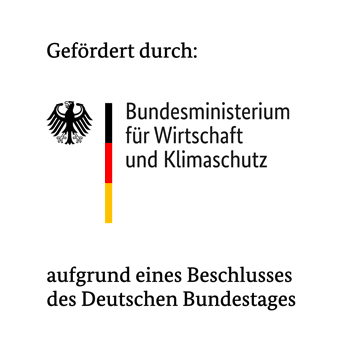The DGMK research report on project 836 "Electro-pulse method for the development of a borehole narrowed with scale (EVA)" has been published.
Here is a brief overview:
The electrical impulse method (EIV) is based on the destructive effect of high-voltage impulses that are conducted through a solid material. It has been researched for several years at TU Dresden and TU Freiberg for the sinking of boreholes, the extraction and also the processing of ores. A new field of application is now to be opened up with the drilling of production wells for geothermal energy as well as oil and gas. The technical problem to be solved here is the removal of deposits, known as scales. These occur because the production of the desired thermal waters also involves the extraction of accompanying substances. These substances precipitate and accumulate on the wall of the delivery pipes, thus reducing the possible delivery rate. Chemical, mechanical or even combined processes have been developed to remove these scales. However, there are a large number of scenarios where the known processes are limited and the treatment is only possible with enormous financial and technical effort.
This is where the EIV comes in, in which the scales can be removed without mechanical interaction. In a first development step, a prototype for the removal of scales in a 4 ½" pipe tour was developed and tested in the laboratory. To this end, tests were carried out to determine the impulse parameters using real test specimens and scales produced in the laboratory, and the necessary impulse voltage circuit was scaled down to the desired diameter.
